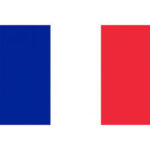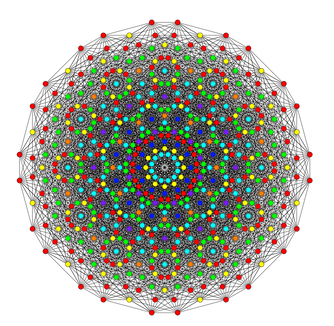Groupes quantiques et théories cohomologiques des variétés de drapeaux et variétés carquois
|
One of the first appearances of quantum groups came from the Yang–Baxter equation in quantum integrable systems. Since then, they where used in many other areas in mathematics and physics, such as representation theory, complex geometry, conformal field theories….
In geometry, an important source of quantum groups is given by quivers, first via Ringel’s and Lusztig’s construction in terms of Hall algebras and perverse sheaves, then, via Nakajima’s construction in terms of cohomology of quiver varieties. Recently, the quantum cohomology and quantum K–theory of quiver varieties and flag varieties appeared to play an important role in the understanding of the Yang–Baxter equation. Cluster algebras give also some more algebraic approach to quantum groups and quantum integrable systems, in particular Kirillov–Reshetikhin modules and solutions of T–systems. This conference is devoted to specialists of all research areas mentioned above (complex geometry, quantum integrable systems, representations of quantum groups, quantum cohomology…), but also to younger researchers in order to promote interactions between young mathematicians and seniors. |
Discussion rooms will be available to registered conference participants via the link below. Your access code to the rooms is provided by the organizers.
This page is accessible with a password issued by CIRM.
Use of Big Blue Button
|
Bernard Leclerc (CNRS, Université de Caen)
Leonardo Mihalcea (Virginia Tech University)
Nicolas Perrin (CNRS, Université de Versailles)
Michela Varagnolo (CNRS, Université de Cergy-Pontoise)
Léa Bittmann (University of Vienna) Monoidal categorification of cluster algebra and quantum affine Schur-Weyl duality
Anders Buch (Rutgers University) The Seidel representation in quantum K-theory
Philippe Di Francesco (University of Illinois at Urbana-Champaign & IPhT CEA) Dualities in Macdonald/Toda theory and quantum Q-systems
Mikhail Finkelberg (State University Higher School of Economics) Elliptic zastava
David Hernandez (Université Paris-Diderot) Shifted quantum affine algebras, monoidal categorication and Langlands duality
Joel Kamnitzer (University of Toronto) Categorical g-actions for modules over truncated shifted Yangians
Syu Kato (Kyoto University) Quantum K-groups of partial flag manifolds
Allen Knutson (Cornell University) Fusion of quiver varieties for Schubert calculus
Thomas Lam (University of Michigan) Positroid varieties and q,t-Catalan numbers
Wille Liu (Université Paris-Diderot) Convolution algebras over cyclically graded Lie algebras
Michael McBreen (The Chinese University of Hong Kong) Mirror Symmetries for Hausel-Proudfoot varieties
Leonardo Mihalcea (Virginia Tech University) Mather classes for Schubert varieties in cominuscule Grassmannians
Clelia Pech Curve neighbourhoods for odd symplectic Grassmannians
Alexander Shapiro (University of California, Berkeley) Cluster realization of spherical DAHA
Mark Shimozono (Virginia Tech University) Wreath Macdonald polynomials
Peter Spacek (University of Kent) Mirror symmetry for cominuscule homogeneous spaces
Andrey Smirnov (University of North Carolina, Chapel Hill) Elliptic stable envelope for Hilbert scheme of points in the complex plane and 3D mirror symmetry
Harold Williams (University of California, Davis) Canonical Bases for Coulomb Branches
Milen Yakimov (Louisiana State University) Root of unity quantum cluster algebras, discriminants and Schubert cells



